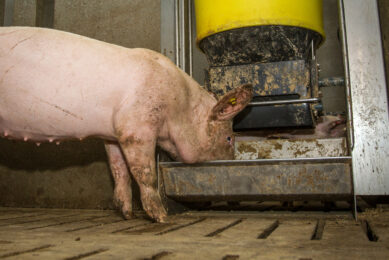US: MRSA research in Pennsylvania
United States Research data clearly show a steady increase of community-onset Methicyllin Resistant Staphylococcus aureus (MRSA) infections in Pennsylvania.
Researchers aimed to evaluate the risk of MRSA infection in relation to animal feeding operations in a population-based study.
Electronic health record data from 2001 to 2010 were used to investigate 440,000 patients. Three groups of patients were identified using codes: community-onset MRSA; hospital-onset MRSA; and skin infection.
Information on concentrated animal feeding operations (CAFOs) were obtained from the Pennsylvania Department of Environmental Protection, and included data on animal species (e.g., swine, dairy cattle, chickens), counts, animal equivalent units (AEUs), farm acreage, and manure generated, exported, and stored. Measures of density (e.g., AEUs per sq. mi. in township) and accessibility (e.g., distance from residence to nearest CAFO, gravity models) were derived and used in logistic regression models comparing the four groups.
A total of 1,926 MRSA cases were identified from 2003 to 2010. Inpatient cases increased from 2 in 2003 to 88 in 2005, remained at the same frequency through 2008, and then increased to 116 in 2009. In contrast, outpatient cases increased steadily from 4 in 2003 to a peak of 325 in 2008. The research was published in Clinical Medicine & Research.











